 Agricen’s Steve Sexton recently had the opportunity to sit down with Jim Engelsma, who was named American Fruit Grower’s 2025 Apple Grower of the Year. In addition to being an apple grower, Jim is also the branch manager for Nutrien Ag Solutions in Sparta, Michigan. Here we delve into his philosophy, family history and the cutting-edge practices that set his operations apart.
Agricen’s Steve Sexton recently had the opportunity to sit down with Jim Engelsma, who was named American Fruit Grower’s 2025 Apple Grower of the Year. In addition to being an apple grower, Jim is also the branch manager for Nutrien Ag Solutions in Sparta, Michigan. Here we delve into his philosophy, family history and the cutting-edge practices that set his operations apart.
Steve: Jim, congratulations on being named the 2025 Apple Grower of the Year. Tell me, what does this mean to you?
Jim: Thank you. I'm very proud to represent the apple industry with this honor. I enjoy testing things on my own small farm that might be “outside of the box,” but have the potential to really increase yields or increase quality. I’ve also worked hard over the years to provide growers with solutions that make a difference in the quality of their crop and provide economic returns. I enjoy that work immensely, and I'm excited about going to work every day. The excitement comes from helping growers and knowing there always be will be new and better ways to grow fruit.
Steve: Can you talk about your family history and your approach to apple farming?
Jim: My grandfather immigrated here and started a dairy cattle business in this area. It was my father who was the first one to venture into apples, and that was back in the 1950s.
When I came of age, I realized how much I enjoyed growing apples. I took up that tradition, and began to look at ways of making improvements to grow better and more fruit off the same acre. And now my daughter is fully integrated into our apple business. She enjoys it like I do, and she loves to push the limits.
Today, our high-density orchards are producing a high number of bushels per acre. To achieve that, we’re using every tool in the box. We micromanage nutrition and use things that an ordinary grower might raise an eyebrow at, but we've got a proven track record and we're always taking it to the next level.
Steve: You also embrace new technologies like biocatalysts. How have these methods given you a competitive edge?
Jim: Some of the best-growing fruit trees have weak root systems. The challenge is getting them to grow before we begin to fruit them, so that the tree has a good scaffold and the orchard can continuously produce high yields. So we push the envelope and we use every tool at our disposal, including incorporating products like ACCOMPLISH, BLACKMAX 22 and BLACK LABEL ZN in our drip tube fertigation system, fully applying nutrients when the trees are young and using grid sampling so that we can apply metered nutrition per the needs of the acre.
When our trees are growing, we apply foliar nutrition every seven to 10 days to give the tree what it needs, when it needs it. We also use a lot of MARITIME and TERRAMAR on our farm. While these may be considered a bit outside of the box for a traditional apple grower, we’ve had very good results.
Steve: What role do MARITIME and TERRAMAR play in your orchard management?
Jim: MARITIME has been a real workhorse for us. This year, we made three MARITIME applications in our orchard due to drought. It serves a dual purpose: Enhancing fruit color when combined with LOKOMOTIVE and LI-700, and also bolstering the trees’ ability to endure the drought.
TERRAMAR is a little newer to our farm than MARITIME. Most of the TERRAMAR is applied through the drip line, but we also make foliar applications because the carbon component in TERRAMAR promotes nutrient uptake. Oftentimes, when we look at what we need in the drip line, something similar is needed in the foliar, so we hit it from both sides.
Our approach using these technologies isn’t guesswork; we're supporting the trees the way they need to be supported. I believe the TERRAMAR and MARITIME will make a big difference in next year's crop, too, as the drought we had this year could hurt return bloom for growers who didn’t use these tools.
Steve: Do you have a specific example of how these products have led to a tangible improvement in your apple crop?
Jim: In years when we have overcast skies or more heat coming into harvest season, we see a definite improvement in color with MARITIME, which we apply with LOKOMOTIVE and LI-700. The color is very obvious, and it lets us harvest at the right time, when the fruit is mature, rather than waiting for color and picking the fruit when it's past optimal maturity. We've also seen that using MARITIME early in the spring can help the trees endure colder temperatures. Several years ago, we had a night with a temperature of 14.7°F. According to the university charts, we should have lost 90% of our crop, but instead we ended up having a big crop of fruit due to our program. So there are definite, tangible results, and I've seen it on other farms as well.
Steve: What advice would you offer growers who are considering MARITIME or TERRAMAR?
Jim: Revenue is the bottom line for any grower, and they obviously need to consider the cost of adding a new product. But they also need to consider the cost of having a crop versus not having a crop. The upfront cost for MARITIME or TERRAMAR is a small percentage of the total investment. For a tree that costs $10-$12, you can make it grow for less than 12 cents. Getting these products out at the proper timing can make the difference between having a high-quality crop—or even just having a crop—and having a failure.
Steve: Have you calculated the return on investment from TERRAMAR and MARITIME?
Jim: I haven't calculated it exactly, but it would be huge. If there’s a drought, but my trees don't suffer from it and I’m able to harvest a good crop because I’ve put out MARITIME, that’s one way I’m getting a return on investment. Come the following spring, when my trees have a strong start because they didn’t suffer from that prior drought, that’s another. You have to look beyond the immediate crop.
Larger growers especially like to look closely at the economics of their program. I'll tell you right now that our largest growers are some of the biggest proponents of these products because they've seen the results.
Steve: What do you see as the most pressing challenges facing apple growers?
Jim: A lot of the costs in our industry, including labor and chemistry, are going up, and I believe there will be a higher cost to production as we move forward. We’ll have to focus on consistently raising more bushels per acre while also producing higher quality crops to increase our return on investment. That means we must use every tool available to not just promote yield and quality in this year’s crop, but also to set next year’s crop up for success.
Steve: What advice would you would pass on?
Jim: We should always be learning so that tomorrow’s crop is better than today and, as we learn, we need to share our experiences with the younger generation to help them grow along with the industry.
This interview was edited for length and clarity.
Learn more about MARITIME by downloading the MARITIME Product Booklet.







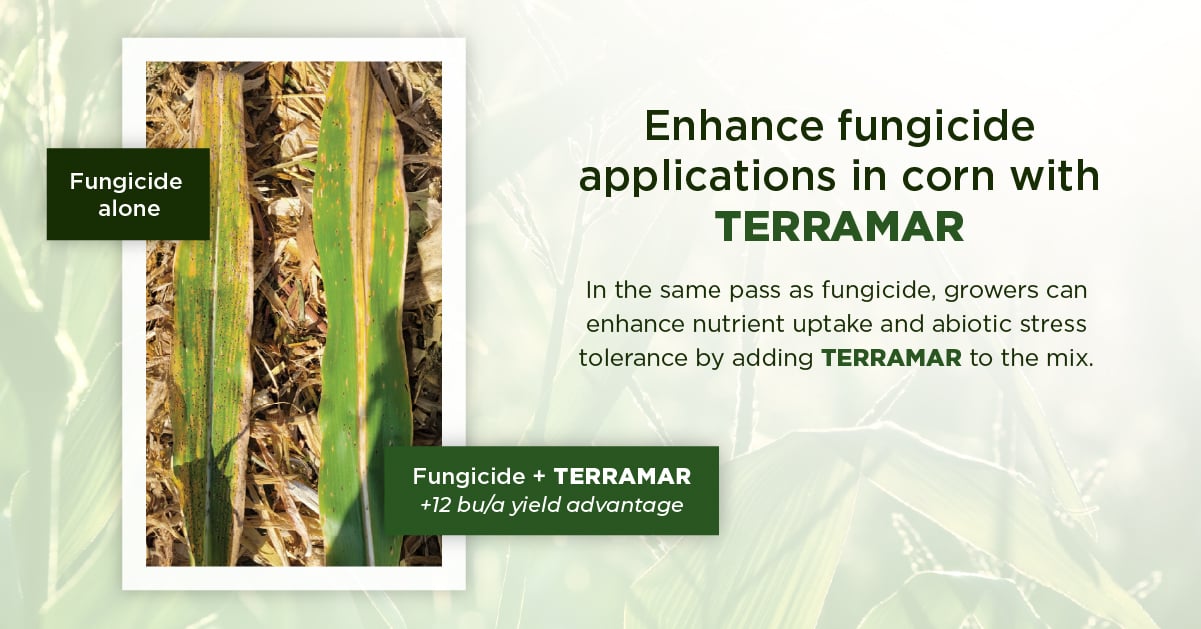
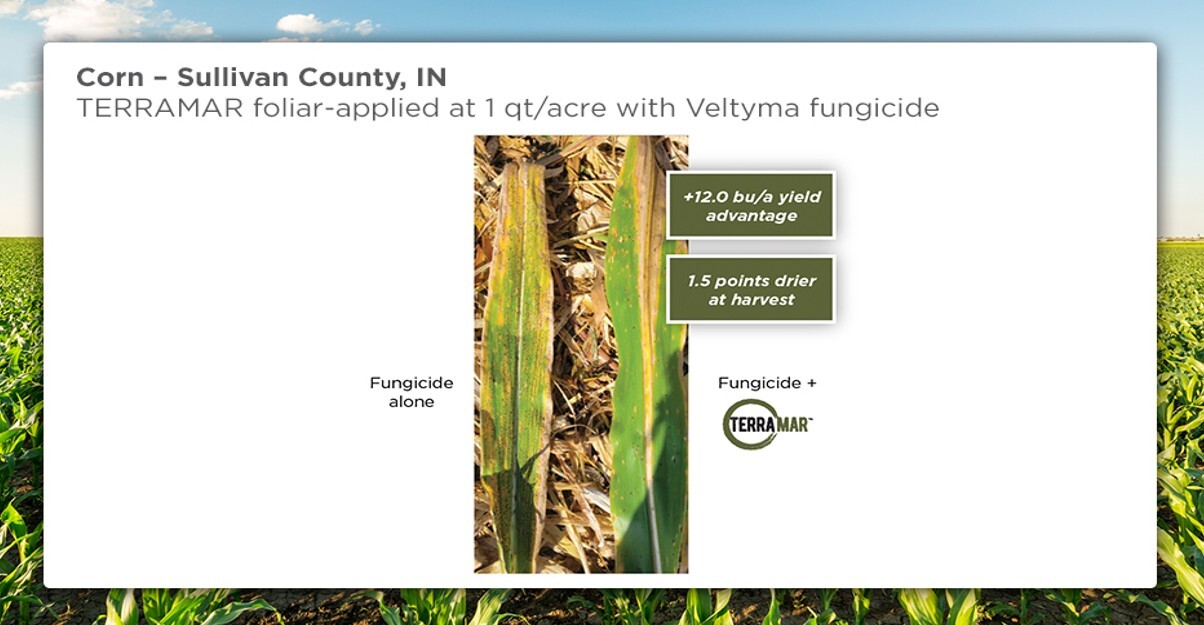
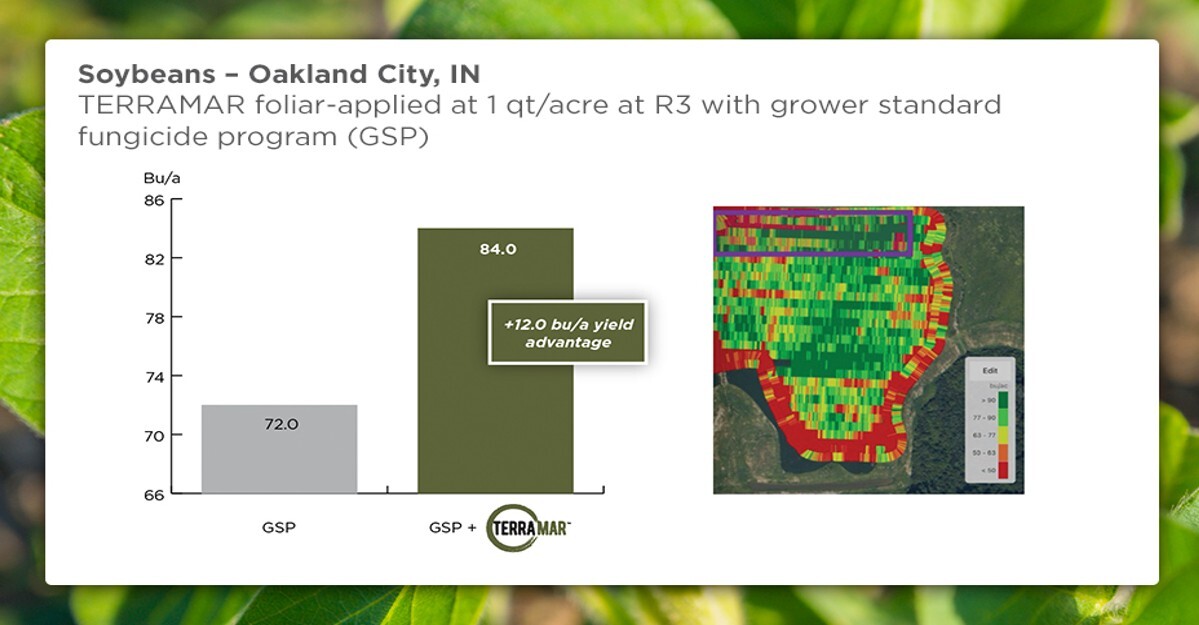

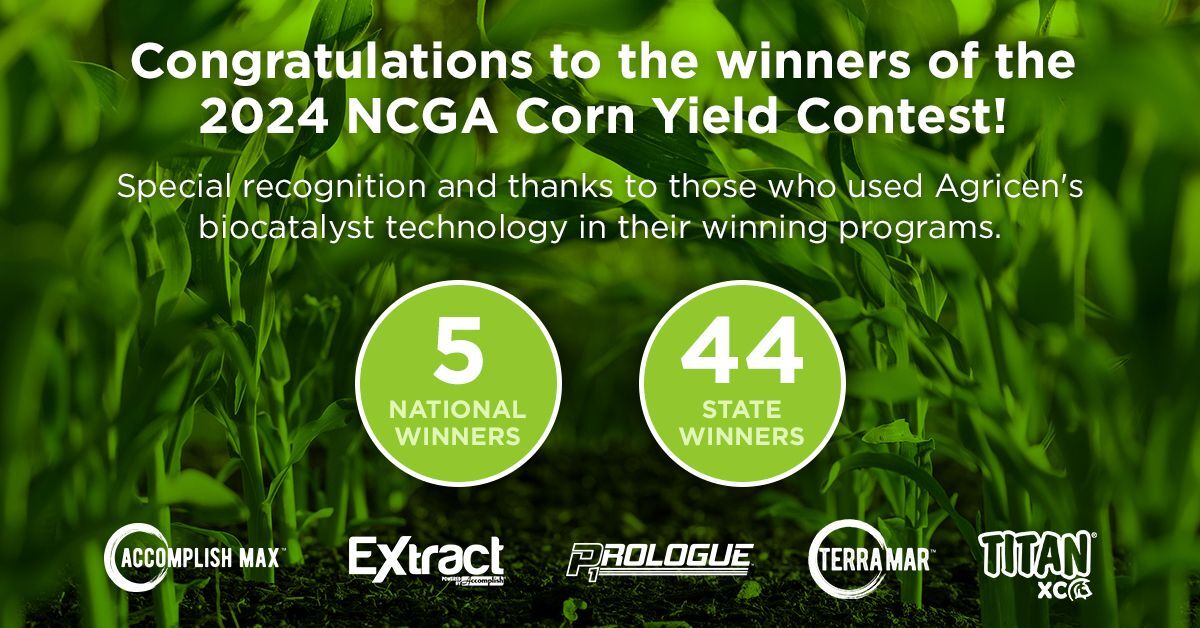


![[Interview] Keeping Crops on Track to Preserve Yield Potential](https://269648.fs1.hubspotusercontent-na1.net/hubfs/269648/Interview-crop-yield-potential.jpg)
 Agricen’s Scott Lay recently sat with Dennis Michelsen of WITY Radio to discuss using
Agricen’s Scott Lay recently sat with Dennis Michelsen of WITY Radio to discuss using 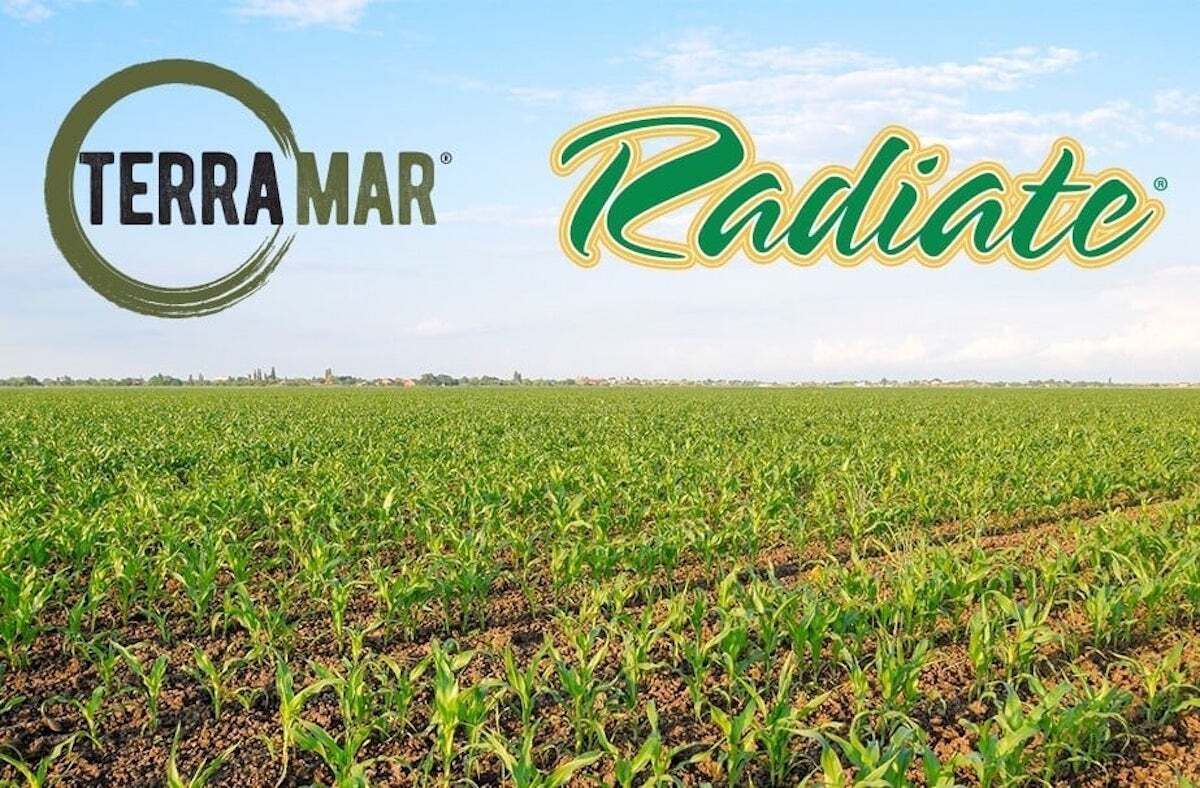
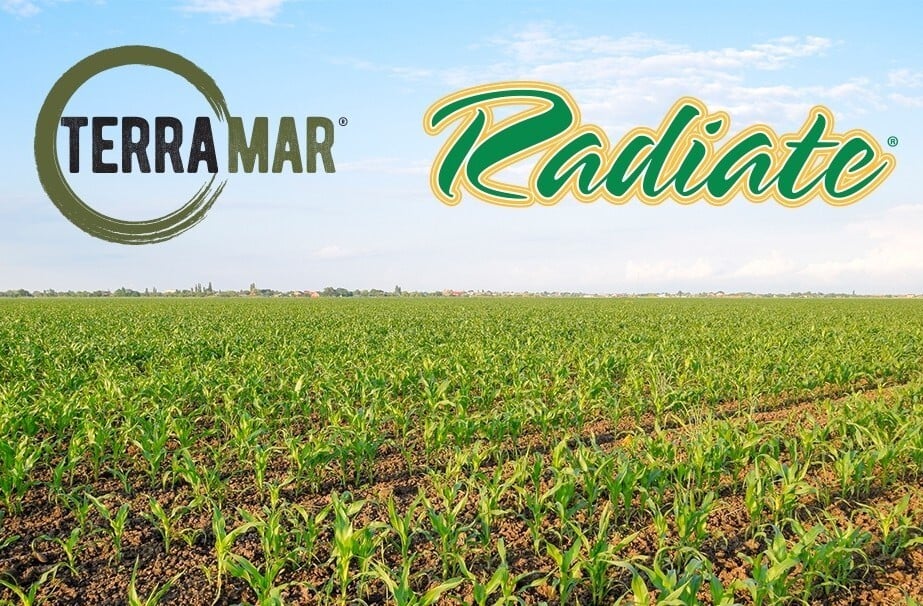 This spring, many growing areas of the United States are coming off an extended period of cooler-than-normal temperatures.
This spring, many growing areas of the United States are coming off an extended period of cooler-than-normal temperatures. 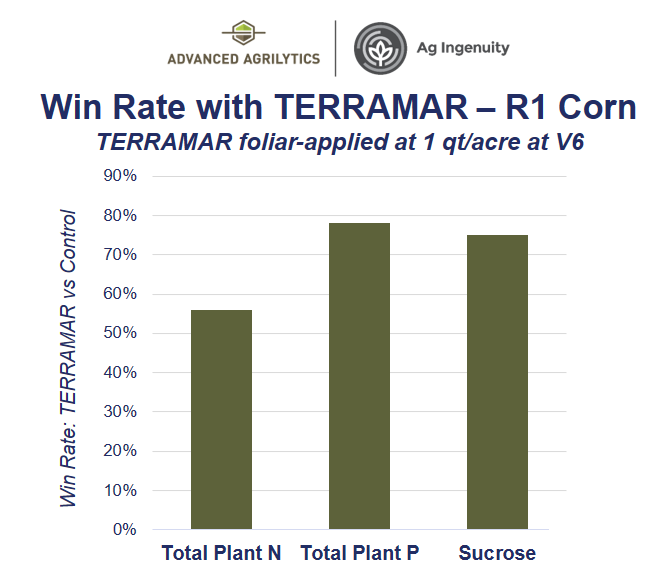

![[Watch] Preserving Yield Potential with Proactive Foliar Applications](https://www.agricen.com/hubfs/05-25-Foliar-webinar-1200x628-watch.jpg)


![[Interview] Protecting Existing Crop Yield Potential from Heat Stress](https://www.agricen.com/hubfs/Interview-heat-stress.jpg)
 As we progress through the reproductive stage of the growing season, many growers have reason for optimism in terms of yield. But, even for those who are having a good year so far, stress from excess heat can have a negative impact on the crop. Agricen’s Scott Lay sat with Dennis Michelsen of WITY Radio to discuss how
As we progress through the reproductive stage of the growing season, many growers have reason for optimism in terms of yield. But, even for those who are having a good year so far, stress from excess heat can have a negative impact on the crop. Agricen’s Scott Lay sat with Dennis Michelsen of WITY Radio to discuss how 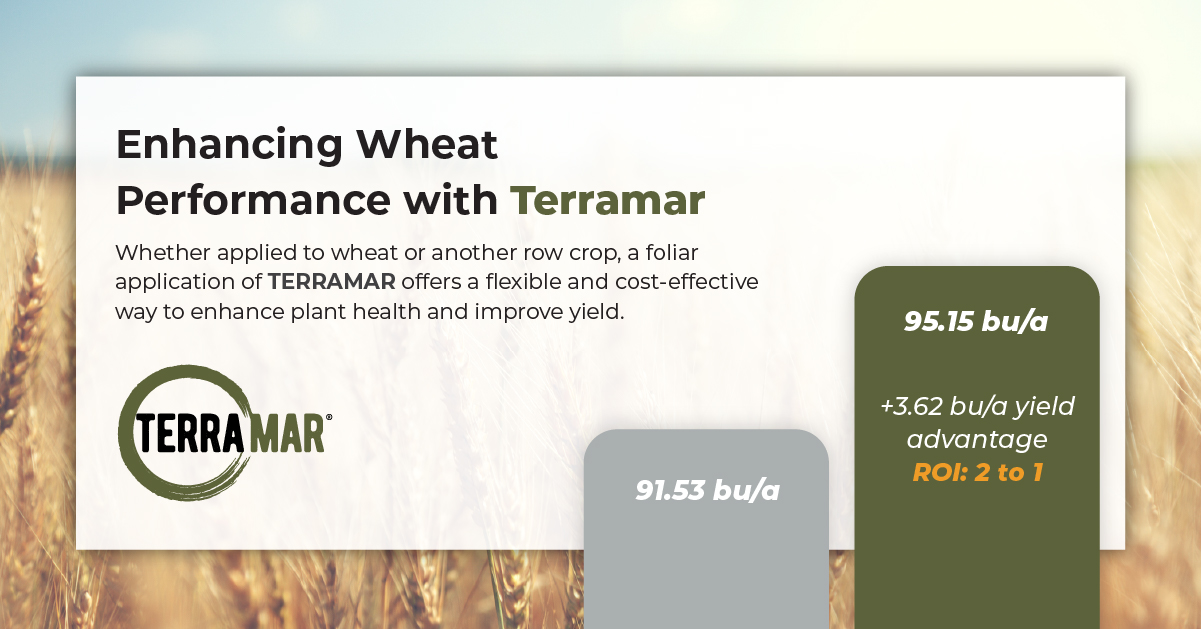
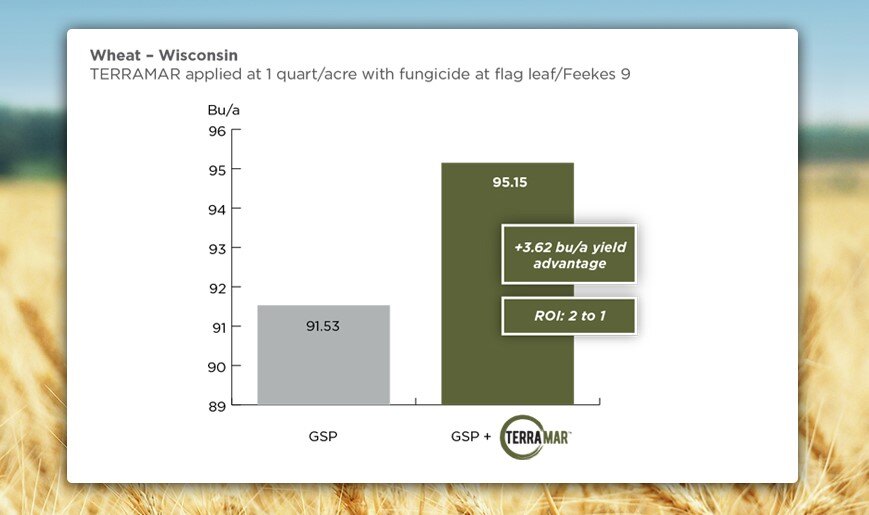
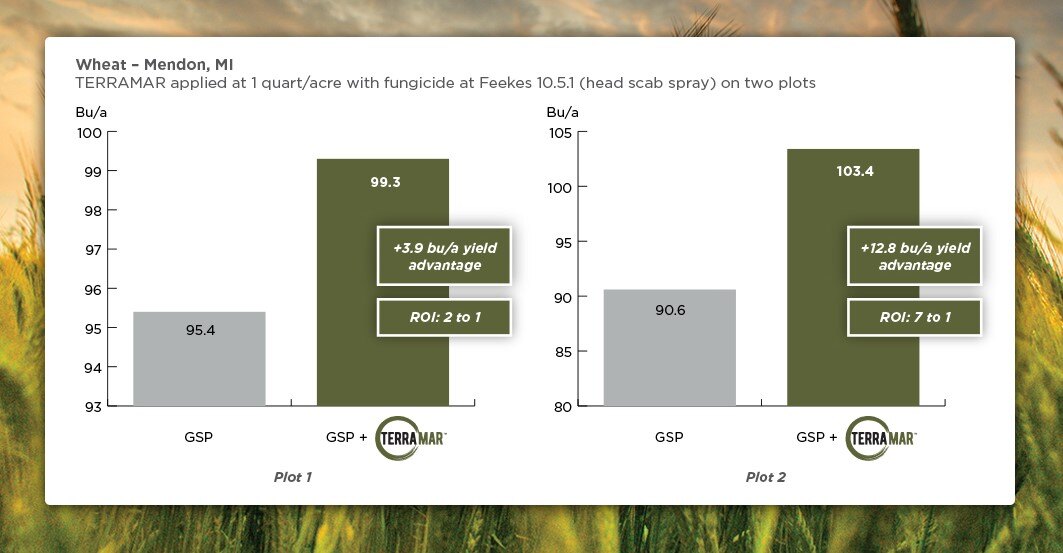
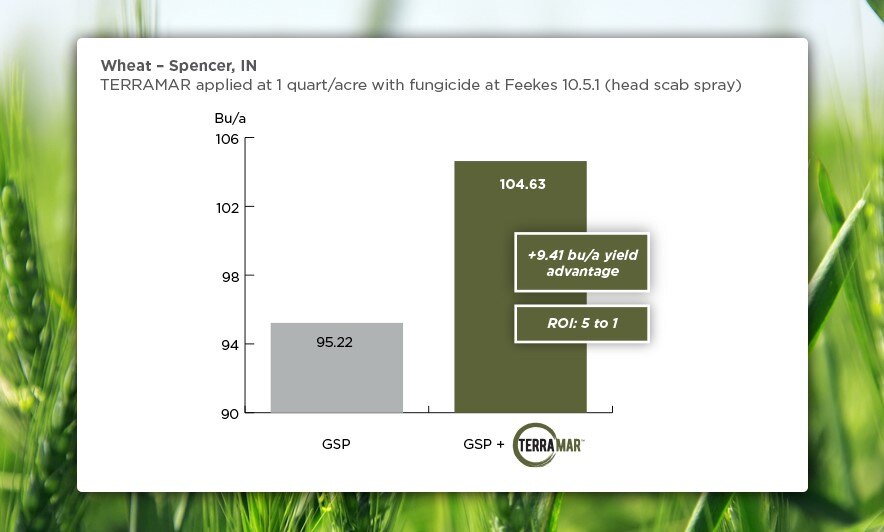
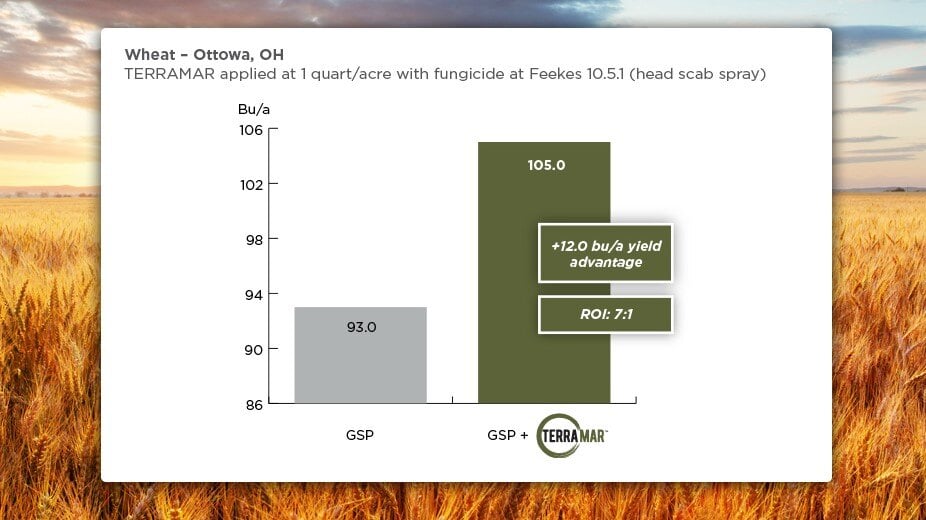
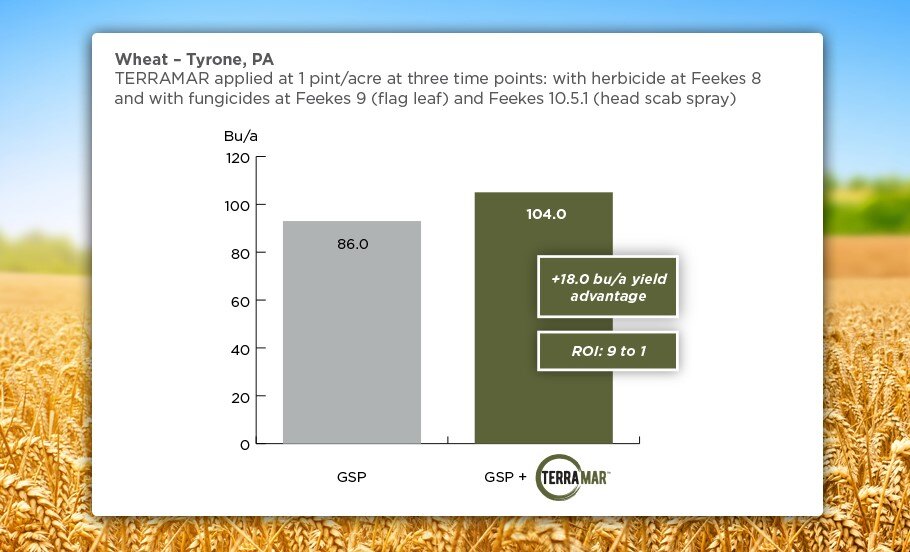

![[Corn Trial] Lower Canopy Temperatures & Greater Nutrient Uptake with TERRAMAR](https://www.agricen.com/hubfs/Terramar-tissue-samples-1200px.jpg)
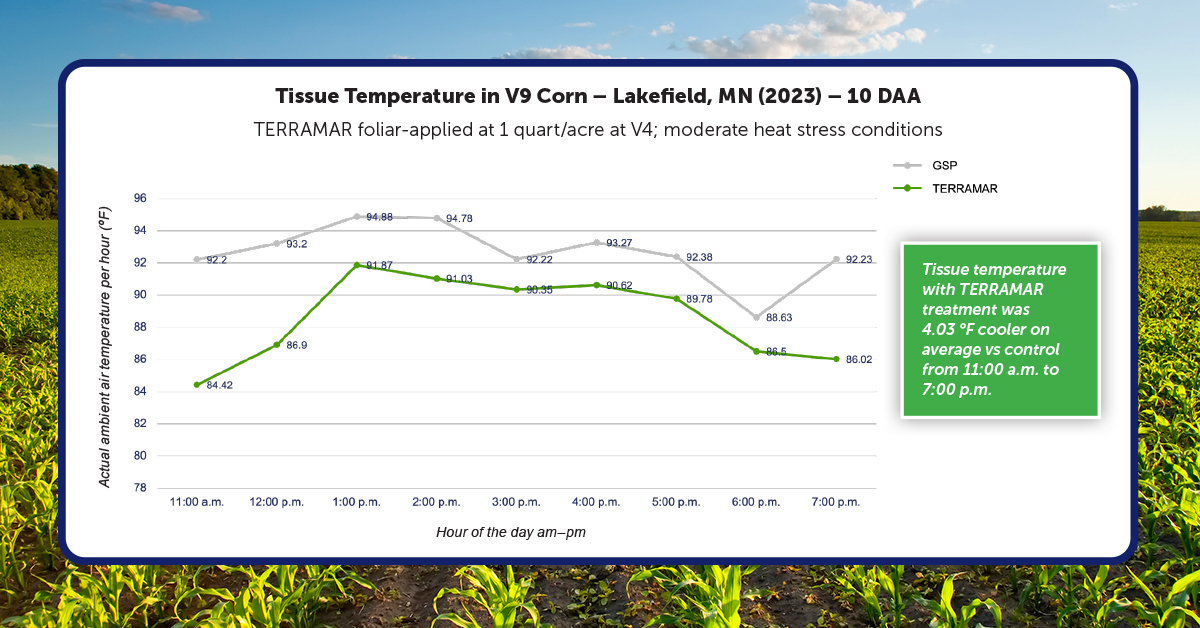

![[Interview] Addressing Weather-Induced Crop Stress](https://www.agricen.com/hubfs/Interview-weather-stress.jpg)
 As growers finish putting this year’s crop in the ground, Agricen’s Scott Lay spoke with WITY Radio’s Dennis Michelsen about
As growers finish putting this year’s crop in the ground, Agricen’s Scott Lay spoke with WITY Radio’s Dennis Michelsen about 